8 Best Buffett Stocks for Retirement
Let's cut to the chase when it comes to picking stocks for a retirement portfolio.

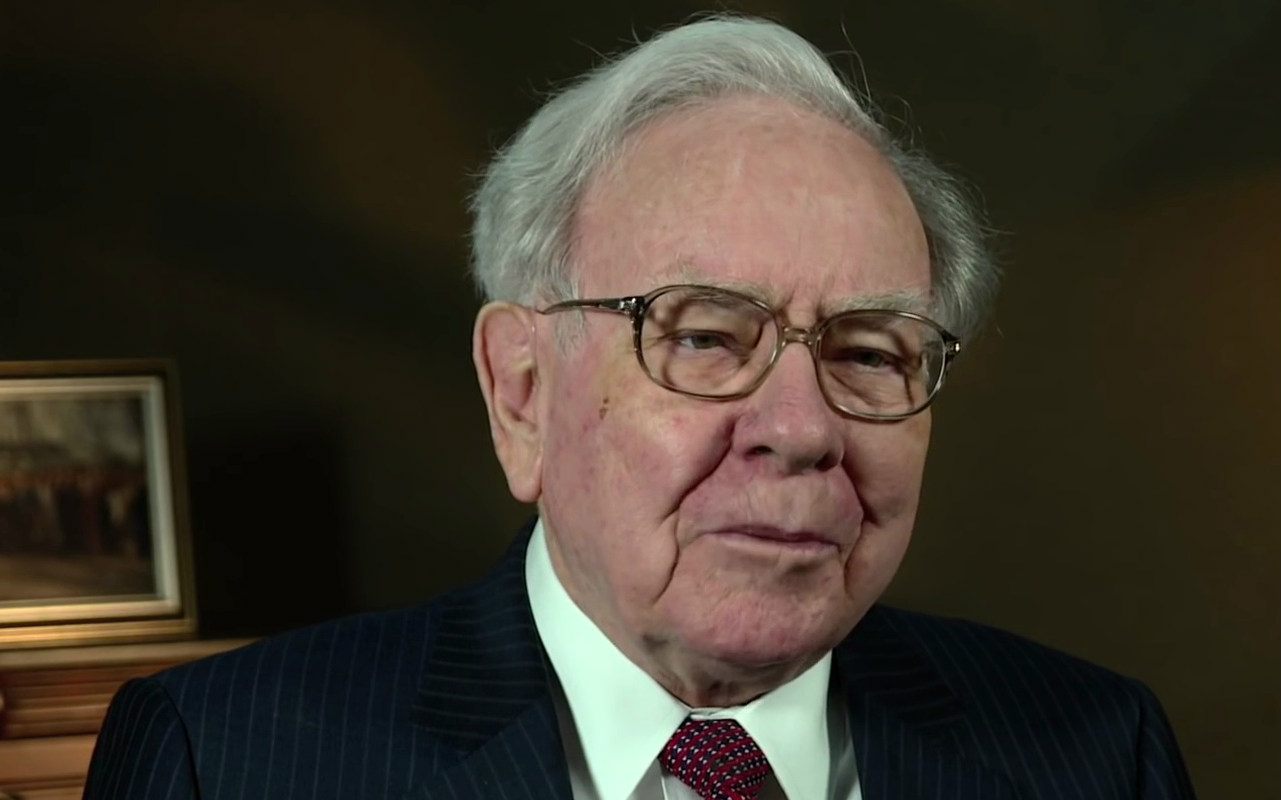
Profit and prosper with the best of Kiplinger's advice on investing, taxes, retirement, personal finance and much more. Delivered daily. Enter your email in the box and click Sign Me Up.
You are now subscribed
Your newsletter sign-up was successful
Want to add more newsletters?

Delivered daily
Kiplinger Today
Profit and prosper with the best of Kiplinger's advice on investing, taxes, retirement, personal finance and much more delivered daily. Smart money moves start here.

Sent five days a week
Kiplinger A Step Ahead
Get practical help to make better financial decisions in your everyday life, from spending to savings on top deals.

Delivered daily
Kiplinger Closing Bell
Get today's biggest financial and investing headlines delivered to your inbox every day the U.S. stock market is open.

Sent twice a week
Kiplinger Adviser Intel
Financial pros across the country share best practices and fresh tactics to preserve and grow your wealth.

Delivered weekly
Kiplinger Tax Tips
Trim your federal and state tax bills with practical tax-planning and tax-cutting strategies.

Sent twice a week
Kiplinger Retirement Tips
Your twice-a-week guide to planning and enjoying a financially secure and richly rewarding retirement

Sent bimonthly.
Kiplinger Adviser Angle
Insights for advisers, wealth managers and other financial professionals.

Sent twice a week
Kiplinger Investing Weekly
Your twice-a-week roundup of promising stocks, funds, companies and industries you should consider, ones you should avoid, and why.

Sent weekly for six weeks
Kiplinger Invest for Retirement
Your step-by-step six-part series on how to invest for retirement, from devising a successful strategy to exactly which investments to choose.
Let's cut to the chase when it comes to picking stocks for a retirement portfolio. There's nothing wrong with sorting through individual names for desirable attributes such as reliable dividends, low volatility and secure business models. But it's quicker, easier and perhaps wiser for retirees to first narrow down the field. Taking the lead of the greatest value investor of all time is a good way to start.
Under Warren Buffett, shares in Berkshire Hathaway (symbol: BRK.A, BRK.B ) have delivered the kind of outperformance that would put a longtime shareholder on easy street. From 1965, when Buffett took control of the company, through the end of 2016, Berkshire stock has returned 20.8% a year, on average. Standard & Poor's 500-stock index, by comparison, had an average annual return of 9.7%. It’s no wonder Berkshire ranks as one of the greatest stocks of all time.
Berkshire is more than just its portfolio of stocks, of course. It owns scores of subsidiaries as well. But Buffett's investing prowess can’t be denied. If you're looking for great stocks to own in retirement, piggyback on some of Buffett's best ideas. After all, his preferred holding period is "forever." Here are eight of the best Buffett stocks for retirement.
(Shares prices and other data are as of Sept. 25, 2017. Berkshire holdings are based on regulatory filings and CNBC’s Berkshire Hathaway Portfolio Tracker. Stocks are listed in alphabetical order.)
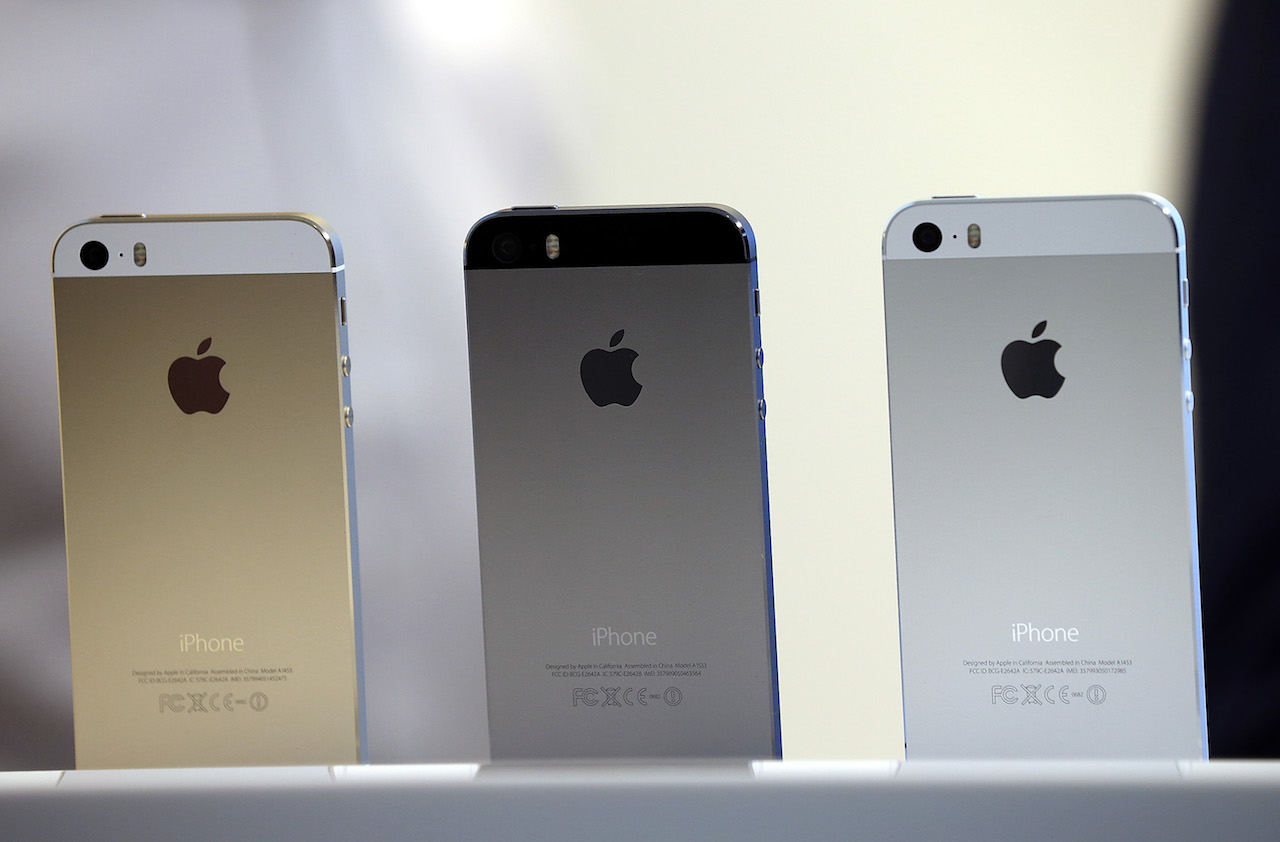
Apple
- Symbol: AAPL
- Share price: $150.55
- Dividend yield: 1.6%
- Berkshire’s stake: 130.2 million shares
Apple has been one of the most visible growth stocks over the past decade, but it's increasingly becoming attractive as a stable value stock for retirement portfolios. Growth has slowed, to be sure, and yet Apple is set up to continue to generate a firehose of cash and dividends for a long time to come. The company currently has more than $261 billion in cash and securities on hand. David Kass, a professor at the University of Maryland's Robert H. Smith School of Business who studies Buffett and is a Berkshire shareholder, notes that customer devotion to Apple products and services almost serve as an annuity. "Apple may be viewed as a 'subscription model' with a loyal customer base very likely to purchase future products and services," Kass says.
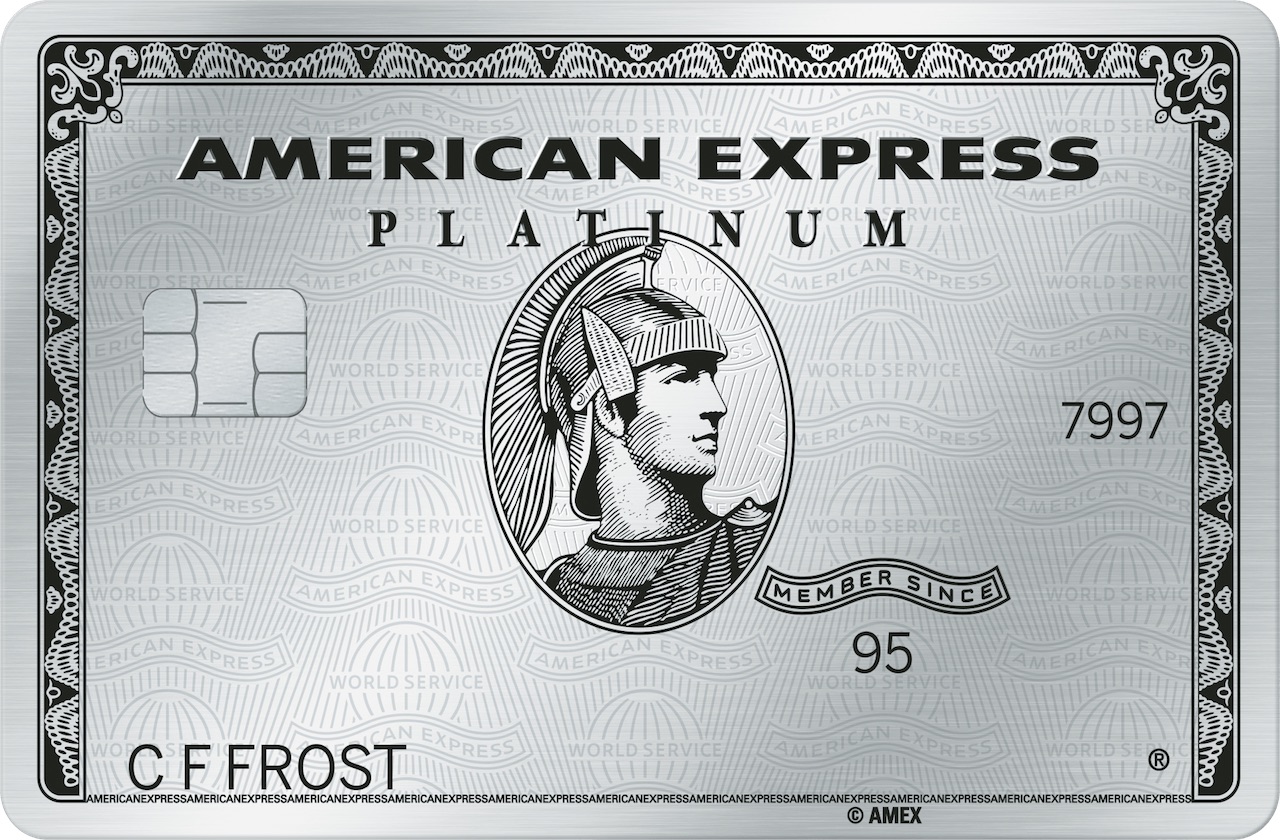
American Express
- Symbol: AXP
- Share price: $88.21
- Dividend yield: 1.4%
- Berkshire’s stake: 151.6 million shares
Buffett likes credit-card companies. Berkshire currently owns nearly $1.1 billion worth of Visa (V) shares, $684 million worth of Mastercard (MA) and $516 million worth of Synchrony Financial (SYF), a major issuer of charge cards for retailers. But as much as Buffett likes these credit-card companies, he loves American Express. Buffett took his first stake in AmEx in the 1960s, and it’s still paying off a half-century later. Today, Berkshire owns 17% of the company worth about $13.4 billion. There’s a lot to love about AmEx: Its management is strong, it’s a dominant brand in the industry, and it generates copious amounts of free cash flow – the money left over after essential capital expenditures are made that can be used to finance dividends and stock buybacks. The current yield isn’t eye-catching, but it is safe and growing. And the stock is only slightly more volatile than the broader market. Those are attributes that will help retirees sleep better at night.
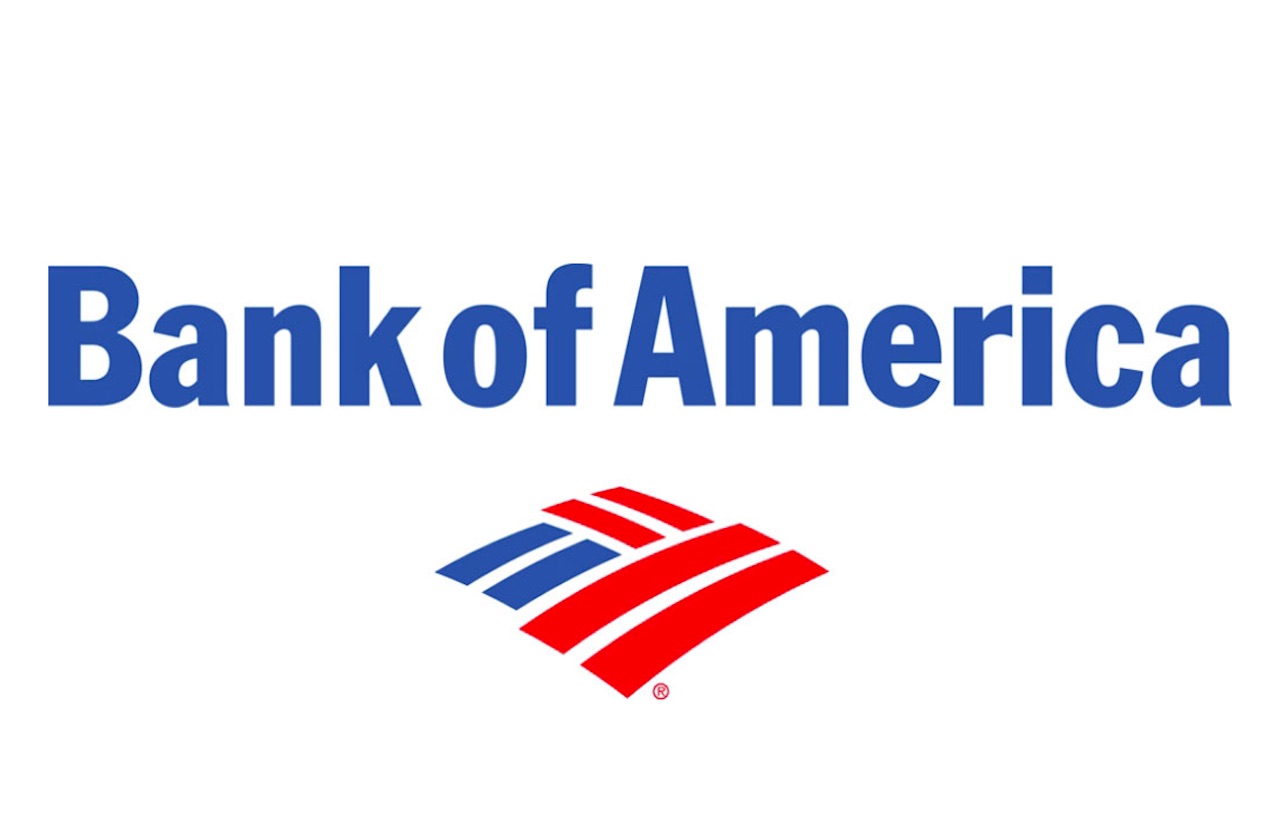
Bank of America
- Symbol: BAC
- Share price: $24.76
- Dividend yield: 1.9%
- Berkshire’s stake: 700 million shares
Buffett famously loves a good bargain, and that’s exactly what he got in 2011 when he swooped in to shore up the finances of Bank of America. In exchange for investing $5 billion in the bank six years ago, Berkshire received preferred stock yielding 6% and warrants giving Berkshire the right to purchase BofA common stock at a steep discount. Buffett recently exercised those warrants, a move that netted Berkshire a cool $12 billion in profits. The current stake in BofA is now valued at $17.3 billion, making the bank one of Berkshire's single biggest stock investments. Good news for retirement investors: BofA’s dividend yield is growing once again after plunging during last decade’s financial crisis. The quarterly dividend fell to just a penny a share in 2009 – and stayed there until mid-2014, when it was bumped up to a nickel. In July, BofA raised its quarterly dividend 60% to 12 cents a share. "This is a very well run bank that should benefit as interest rates rise in the near future," says Kass.
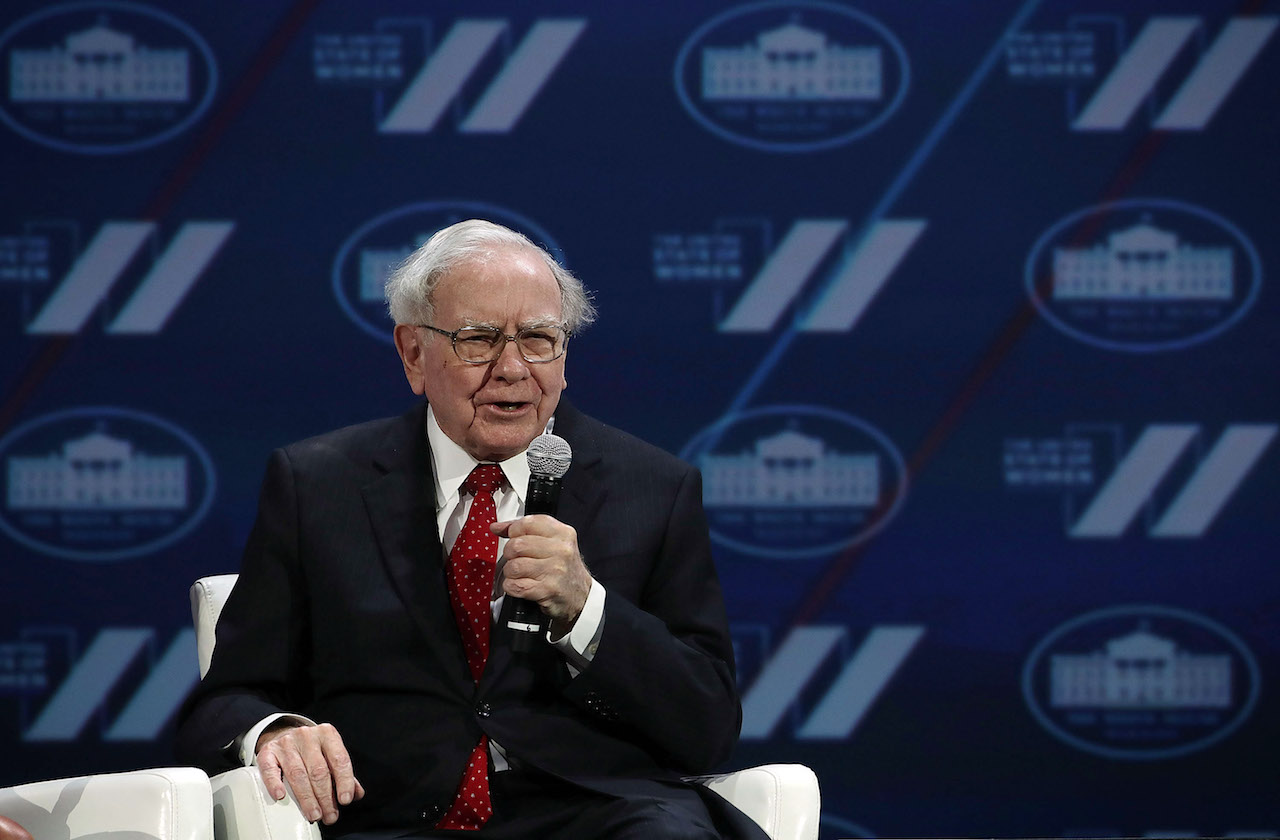
Berkshire Hathaway
- Symbol: BRK.B
- Share price: $182.52
- Dividend yield: 0%
- Berkshire’s stake: N/A
We're not trying to be cute here, but Berkshire Hathaway is Warren Buffett's greatest investment and it promises to remain one for a long time. "I would recommend Berkshire Hathaway as the best retirement stock of all," Kass says. "Its stock represents ownership of over 90 companies across numerous industries along with a diversified portfolio of stocks." True, Buffett and partner Charlie Munger are getting up there in age –87 and 93, respectively – but the company boasts what Kass calls a superior management team. No successor has been named publicly, but Todd Combs and Ted Weschler are Buffett’s chief stock-picking lieutenants. Each already manages more than $10 billion worth of Berkshire’s investments. Either Combs or Weschler (or possibly both) are thought to be behind the lucrative move into Apple stock.
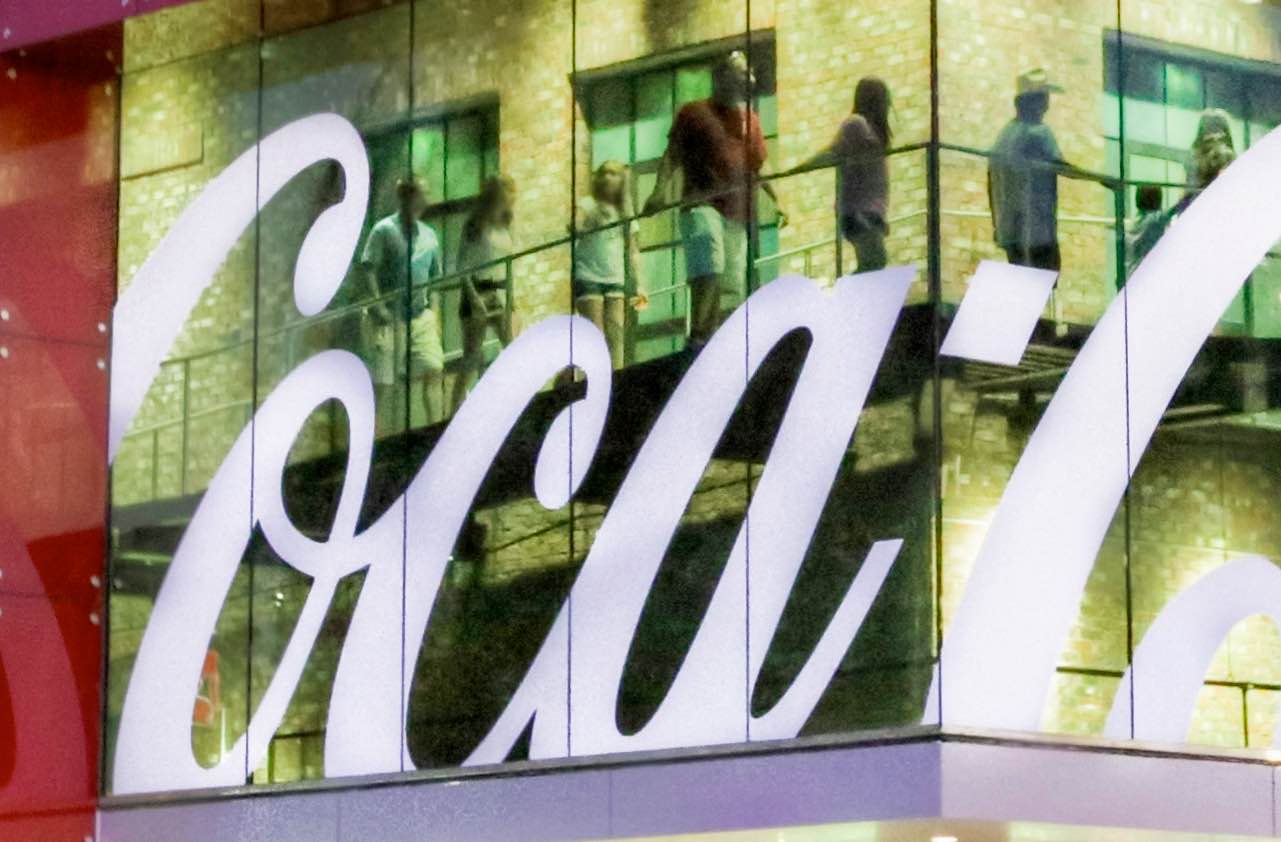
Coca-Cola
- Symbol: KO
- Share price: $45.69
- Dividend yield: 3.2%
- Berkshire’s stake: 400 million shares
The first thing you need to know about Coca-Cola is that it’s an income investor’s dream. The company has paid a quarterly dividend since 1920, and that dividend has increased annually for the past 54 years. The bear case on Coke is that the market for carbonated beverages in the U.S. has been shrinking for more than a decade and shows few signs of coming back. But Coke has responded by branching out into tea, bottled water, fruit juice and energy drinks. Brian Bollinger of Simply Safe Dividends, a website specializing in dividend investing, attributes Coke's ongoing business success to globally recognized brands, a massive customer base and worldwide distribution channels. Buffett, an unabashed fan of Cherry Coke, started investing in Coca-Cola soon after the stock market crash of 1987. In his 1988 letter to Berkshire shareholders, Buffett said he expected to hold on to the stock “for a long time.” Three decades later he’s proven true to his word.
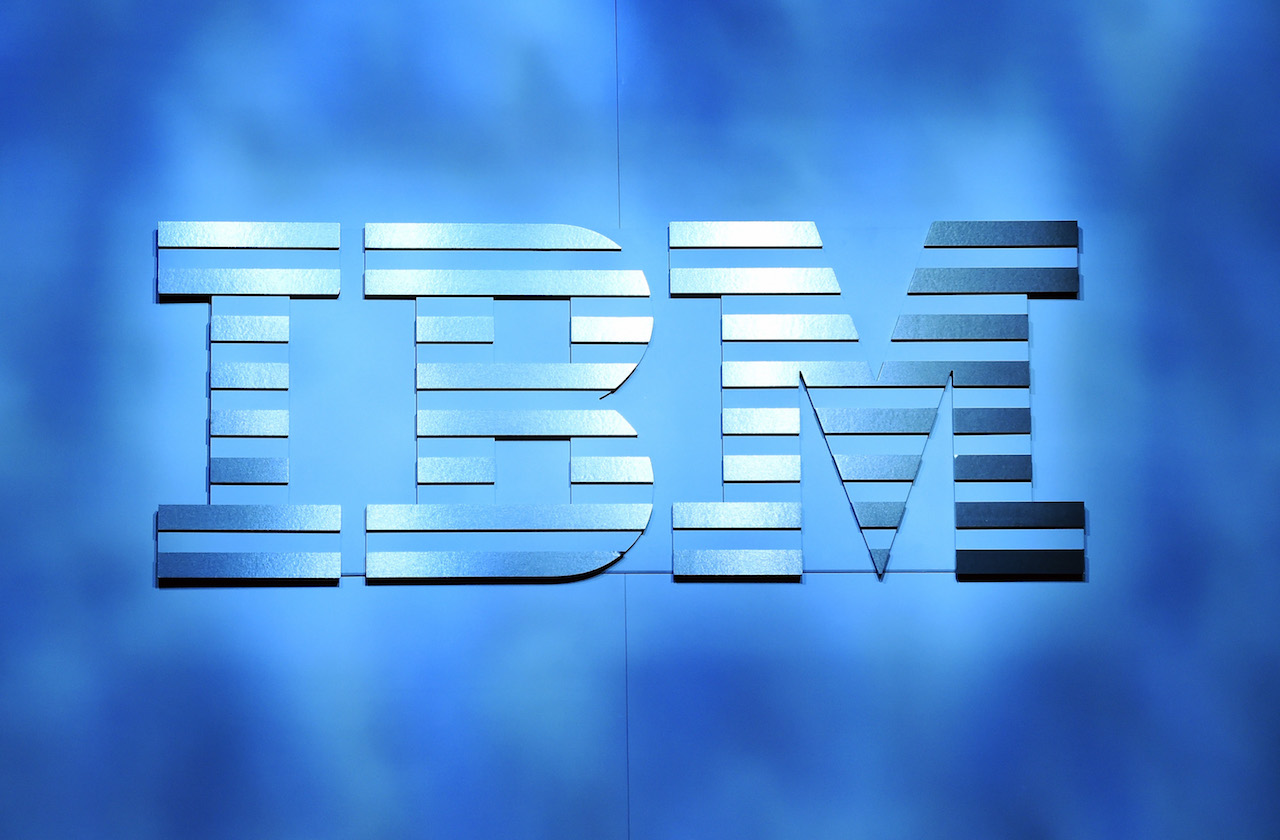
International Business Machines
- Symbol: IBM
- Share price: $145.87
- Dividend yield: 4.2%
- Berkshire’s stake: 54.1 million shares
IBM, the granddaddy of tech stocks, is trying to change with the times in a bid to stay relevant in today’s technology marketplace. Whether or not it will be successful remains to be seen, but a track record that dates back a century offers hope. IBM is following the lead of the likes of Google (GOOGL), Microsoft (MSFT) and Amazon (AMZN) into cloud-based computing services. Security is another growth driver, as are social and mobile services. IBM is also investing heavily in the cloud-based analytical capabilities of its Watson supercomputer. Transparency Market Research expects the global cognitive computing market to grow to $1 trillion by 2025, up from $30 billion today. In fairness, it’s important to point out that Buffett has lost some of his enthusiasm for IBM. Berkshire started buying the stock in 2011, and by the end of 2016 owned 81.2 million shares. But Buffett sold off about a third of the stake in early 2017. Still, the below-average volatility of the stock and the above-average dividend yield make IBM well-suited for retirees’ portfolios.
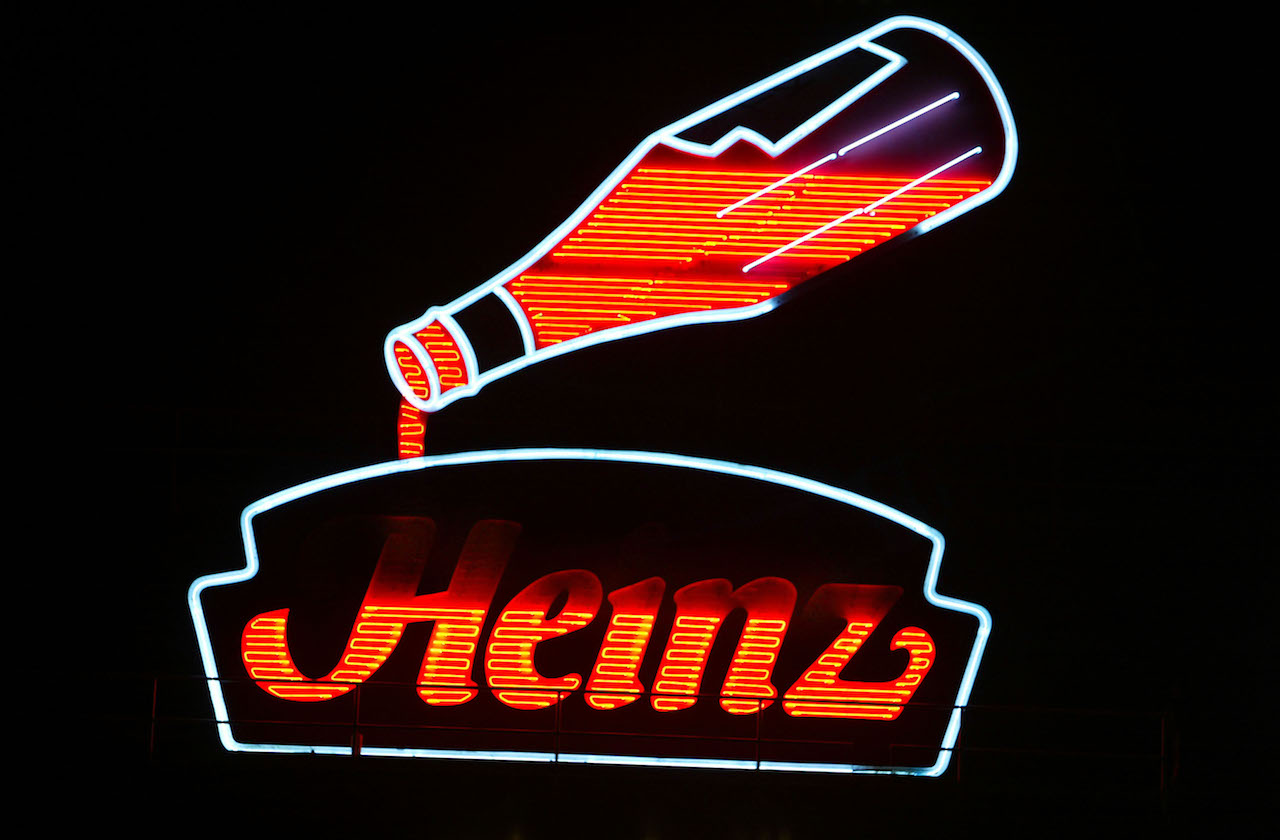
Kraft Heinz
- Symbol: KHC
- Share price: $78.42
- Dividend yield: 3.1%
- Berkshire’s stake: 325.6 million shares
Buffett was one of the driving forces behind the 2015 merger of packaged-food giant Kraft and ketchup purveyor Heinz. It seems he couldn't be happier with the result. After all, it is now Berkshire's largest stock investment with a current market value of $25.6 billion. Berkshire owns nearly 27% of Kraft Heinz, and private investment firm 3G Capital owns another 25%. Berkshire and 3G Capital originally teamed up in 2013 to purchase H. J. Heinz. "Warren Buffett considers 3G Capital to be the best operating managers in the world," says Kass. "They are likely in the future to partner with Berkshire in the acquisition of other food companies." That's a powerhouse stamp of approval. And let's not forget that the packaged-food sector tends to hold up better when the economy turns south. That’s music to the ears of retirees who can’t afford to take a big hit to their nest eggs during market corrections.
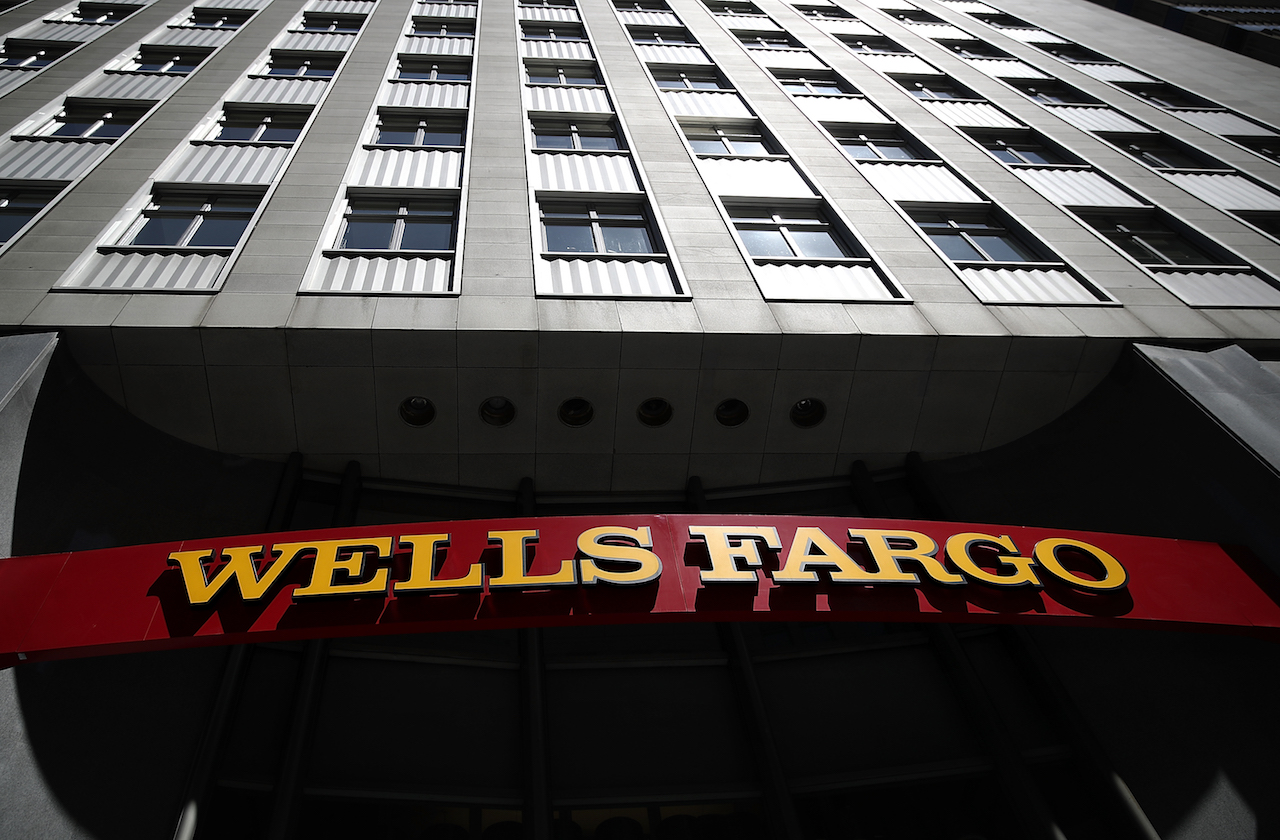
Wells Fargo
- Symbol: WFC
- Share price: $54.03
- Dividend yield: 2.9%
- Berkshire’s stake: 468 million shares
You don’t have to like the company to love the stock. Case in point: Wells Fargo, which a year ago was caught opening millions of fake customer accounts. It was a PR nightmare for the bank that cost the CEO his job. And just when things had started to quiet down, it emerged that employees also charged 800,000 auto-loan customers for car insurance they didn't need. Yet Buffett has stood by Wells Fargo through it all. Bollinger points out that Wells Fargo can survive the flap in the long run because it has diversified revenue sources, market share in key financial products, a large national distribution network and a cheap base of deposits. Wells Fargo is trying to make amends with shareholders as well as customers. The company has vowed to devote one-half to three-quarters of its profits to dividends and share repurchases. At 39 cents per share, the current quarterly dividend has surpassed the 34 cents that was being paid out in early 2009, right before the financial crisis forced the bank to slash its quarterly dividend to a nickel. Wells Fargo is Berkshire's second-largest stock holding behind Kraft Heinz.
Profit and prosper with the best of Kiplinger's advice on investing, taxes, retirement, personal finance and much more. Delivered daily. Enter your email in the box and click Sign Me Up.

Dan Burrows is Kiplinger's senior investing writer, having joined the publication full time in 2016.
A long-time financial journalist, Dan is a veteran of MarketWatch, CBS MoneyWatch, SmartMoney, InvestorPlace, DailyFinance and other tier 1 national publications. He has written for The Wall Street Journal, Bloomberg and Consumer Reports and his stories have appeared in the New York Daily News, the San Jose Mercury News and Investor's Business Daily, among many other outlets. As a senior writer at AOL's DailyFinance, Dan reported market news from the floor of the New York Stock Exchange.
Once upon a time – before his days as a financial reporter and assistant financial editor at legendary fashion trade paper Women's Wear Daily – Dan worked for Spy magazine, scribbled away at Time Inc. and contributed to Maxim magazine back when lad mags were a thing. He's also written for Esquire magazine's Dubious Achievements Awards.
In his current role at Kiplinger, Dan writes about markets and macroeconomics.
Dan holds a bachelor's degree from Oberlin College and a master's degree from Columbia University.
Disclosure: Dan does not trade individual stocks or securities. He is eternally long the U.S equity market, primarily through tax-advantaged accounts.
-
 Look Out for These Gold Bar Scams as Prices Surge
Look Out for These Gold Bar Scams as Prices SurgeFraudsters impersonating government agents are convincing victims to convert savings into gold — and handing it over in courier scams costing Americans millions.
-
 How to Turn Your 401(k) Into A Real Estate Empire
How to Turn Your 401(k) Into A Real Estate EmpireTapping your 401(k) to purchase investment properties is risky, but it could deliver valuable rental income in your golden years.
-
 My First $1 Million: Retired Nuclear Plant Supervisor, 68
My First $1 Million: Retired Nuclear Plant Supervisor, 68Ever wonder how someone who's made a million dollars or more did it? Kiplinger's My First $1 Million series uncovers the answers.
-
 Nasdaq Slides 1.4% on Big Tech Questions: Stock Market Today
Nasdaq Slides 1.4% on Big Tech Questions: Stock Market TodayPalantir Technologies proves at least one publicly traded company can spend a lot of money on AI and make a lot of money on AI.
-
 Stocks Close Down as Gold, Silver Spiral: Stock Market Today
Stocks Close Down as Gold, Silver Spiral: Stock Market TodayA "long-overdue correction" temporarily halted a massive rally in gold and silver, while the Dow took a hit from negative reactions to blue-chip earnings.
-
 S&P 500 Hits New High Before Big Tech Earnings, Fed: Stock Market Today
S&P 500 Hits New High Before Big Tech Earnings, Fed: Stock Market TodayThe tech-heavy Nasdaq also shone in Tuesday's session, while UnitedHealth dragged on the blue-chip Dow Jones Industrial Average.
-
 Dow Rises 313 Points to Begin a Big Week: Stock Market Today
Dow Rises 313 Points to Begin a Big Week: Stock Market TodayThe S&P 500 is within 50 points of crossing 7,000 for the first time, and Papa Dow is lurking just below its own new all-time high.
-
 Nasdaq Leads Ahead of Big Tech Earnings: Stock Market Today
Nasdaq Leads Ahead of Big Tech Earnings: Stock Market TodayPresident Donald Trump is making markets move based on personal and political as well as financial and economic priorities.
-
 11 Stock Picks Beyond the Magnificent 7
11 Stock Picks Beyond the Magnificent 7With my Mag-7-Plus strategy, you can own the mega caps individually or in ETFs and add in some smaller tech stocks to benefit from AI and other innovations.
-
 Dow Dives 870 Points on Overseas Affairs: Stock Market Today
Dow Dives 870 Points on Overseas Affairs: Stock Market TodayFiscal policy in the Far East and foreign policy in the near west send markets all over the world into a selling frenzy.
-
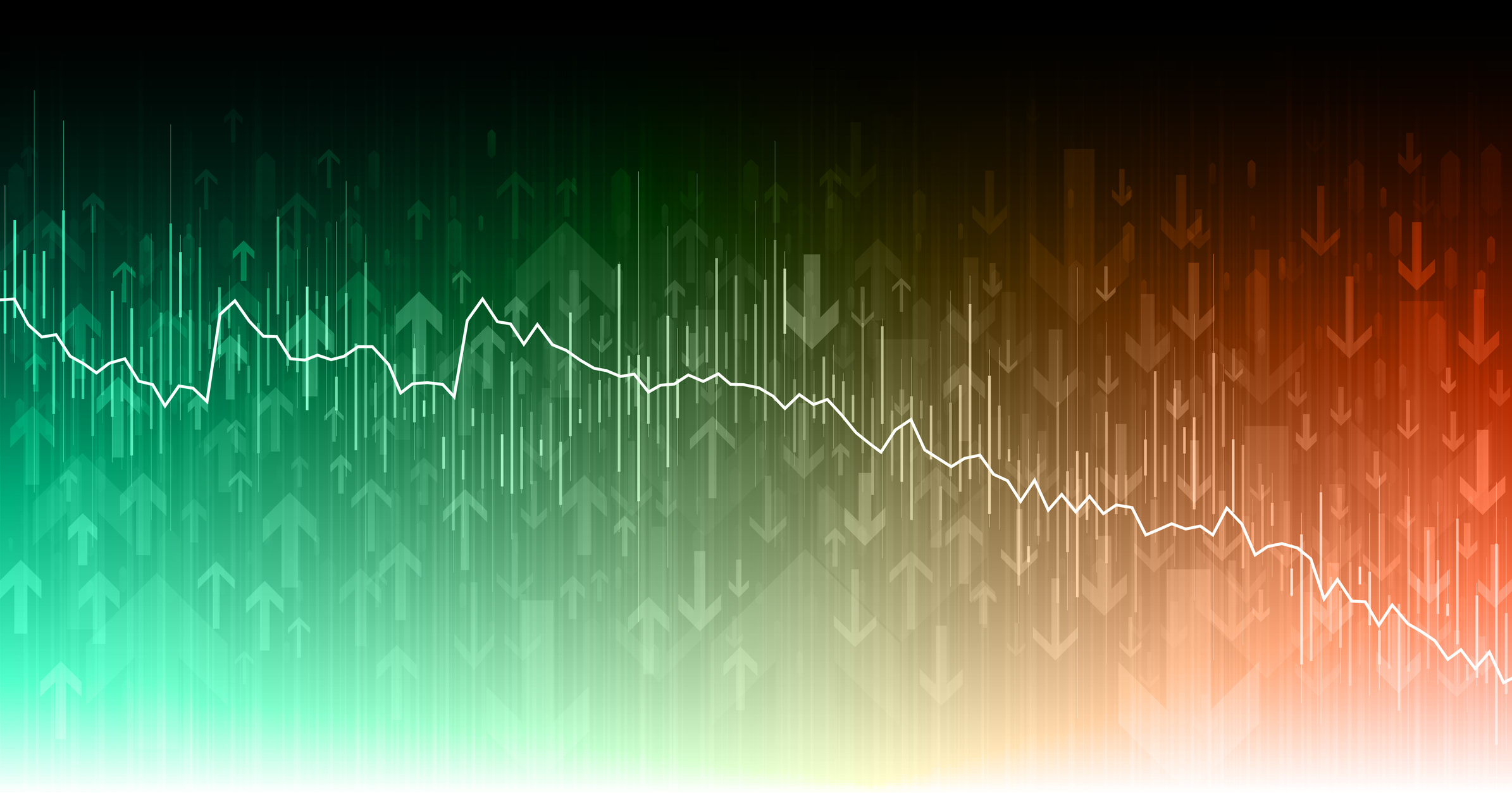 Small Caps Can Only Lead Stocks So High: Stock Market Today
Small Caps Can Only Lead Stocks So High: Stock Market TodayThe main U.S. equity indexes were down for the week, but small-cap stocks look as healthy as they ever have.
